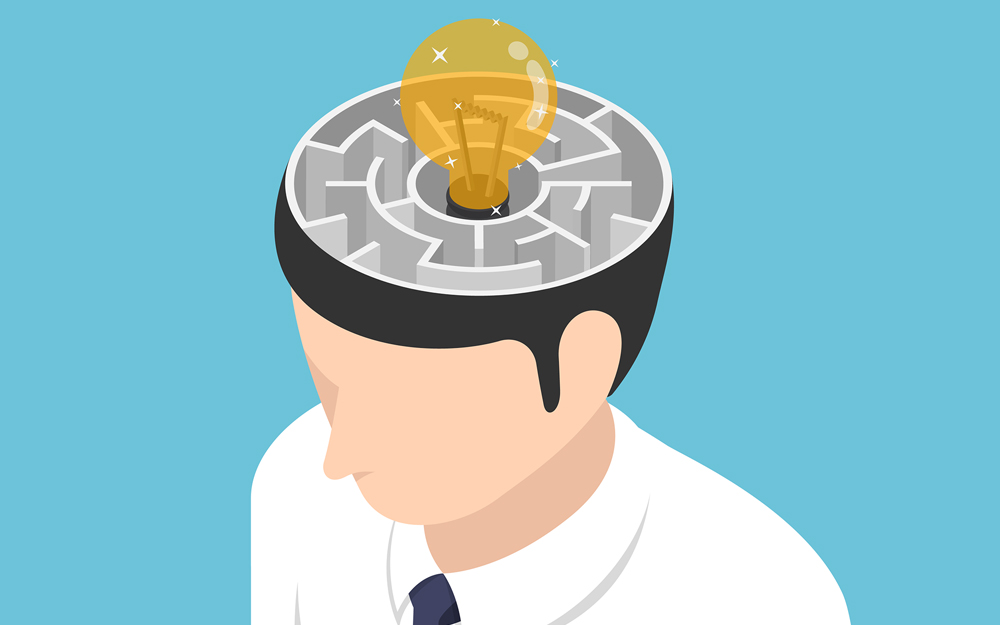
Problem-solving is a critical cognitive skill essential for navigating everyday challenges and making informed decisions. Engaging in brain games specifically designed to enhance problem-solving skills can provide mental stimulation and improve cognitive abilities. These games challenge players to think critically, strategize, and solve complex puzzles. Here’s a look at some of the best brain games that promote better problem-solving skills.
1. Sudoku
Overview: Sudoku is a popular number-placement puzzle where players fill a 9×9 grid so that each column, row, and 3×3 subgrid contains all numbers from 1 to 9 without repetition.
Benefits: Sudoku enhances logical reasoning and pattern recognition. Solving Sudoku puzzles requires players to use deductive reasoning and strategy to place numbers correctly.
- Tip: Start with simpler puzzles and gradually progress to more challenging ones to continuously develop problem-solving skills.
2. Chess
Overview: Chess is a strategic board game where players move pieces with different abilities on an 8×8 grid, aiming to checkmate the opponent’s king.
Benefits: Chess improves strategic thinking and foresight. Players must anticipate opponents’ moves, plan several steps ahead, and adapt strategies based on evolving game conditions.
- Tip: Study classic games and strategies to deepen your understanding of chess tactics and improve your problem-solving approach.
3. Logic Puzzles
Overview: Logic puzzles involve solving problems using deductive reasoning and logical analysis. Common types include brainteasers, riddles, and logic grid puzzles.
Benefits: Logic puzzles challenge players to think critically and systematically. They enhance cognitive flexibility and improve the ability to solve complex problems using logical steps.
- Tip: Regularly engage with various logic puzzles to enhance different aspects of problem-solving and cognitive skills.
4. Rubik’s Cube
Overview: The Rubik’s Cube is a 3D combination puzzle where players twist and turn a colorful cube to align all sides with a single color.
Benefits: Solving the Rubik’s Cube develops spatial reasoning and problem-solving skills. It requires players to recognize patterns, devise strategies, and execute precise movements.
- Tip: Learn algorithms and practice solving methods to improve speed and efficiency in solving the Rubik’s Cube.
5. Crossword Puzzles
Overview: Crossword puzzles involve filling a grid with words based on given clues. The words intersect and fit together to form a complete grid.
Benefits: Crosswords enhance vocabulary and problem-solving abilities. They require players to use both deductive reasoning and knowledge to fill in the correct words.
- Tip: Solve crosswords of varying difficulty levels to challenge yourself and expand your problem-solving and language skills.
6. Escape Room Games
Overview: Escape room games present players with a series of puzzles and clues that must be solved within a set time to “escape” from a themed room.
Benefits: Escape room games promote teamwork, critical thinking, and creative problem-solving. Players must work together to solve complex puzzles and uncover hidden clues.
- Tip: Participate in different themed escape rooms to experience diverse challenges and improve collaborative problem-solving skills.
7. Jigsaw Puzzles
Overview: Jigsaw puzzles require players to assemble pieces to form a complete image. The pieces must fit together based on shape and picture alignment.
Benefits: Jigsaw puzzles enhance visual-spatial reasoning and problem-solving skills. They encourage players to analyze shapes and patterns to complete the image.
- Tip: Start with puzzles of varying piece counts and complexity to gradually improve your spatial reasoning and problem-solving abilities.
8. Brain Teasers
Overview: Brain teasers are short, challenging puzzles or riddles that require creative thinking and problem-solving skills to solve.
Benefits: Brain teasers stimulate mental agility and encourage lateral thinking. They challenge players to think outside the box and find innovative solutions.
- Tip: Regularly solve different brain teasers to keep your mind sharp and improve your ability to tackle diverse problems.
9. Mathematical Puzzles
Overview: Mathematical puzzles involve solving problems or equations that require numerical reasoning and calculation. Examples include arithmetic puzzles and logic-based math challenges.
Benefits: Math puzzles enhance numerical reasoning and problem-solving skills. They require players to apply mathematical concepts and techniques to find solutions.
- Tip: Explore a variety of mathematical puzzles to strengthen your analytical skills and improve your problem-solving capabilities.
10. Pattern Recognition Puzzles
Overview: Pattern recognition puzzles involve identifying and completing patterns based on sequences or visual cues. Examples include sequence puzzles and visual patterns.
Benefits: Pattern recognition puzzles enhance cognitive flexibility and problem-solving skills. They help players recognize and predict patterns, improving their ability to solve complex problems.
- Tip: Engage with various pattern recognition puzzles to enhance your ability to identify and analyze patterns effectively.
Conclusion
Incorporating brain games into your routine can significantly enhance your problem-solving skills and cognitive abilities. Games like Sudoku, chess, and logic puzzles provide mental challenges that improve critical thinking, spatial reasoning, and strategic planning. By regularly engaging with these brain games, you can strengthen your problem-solving capabilities and enjoy a more agile and sharp mind.
Win big with 3k.top – your ultimate online casino adventure starts here!





